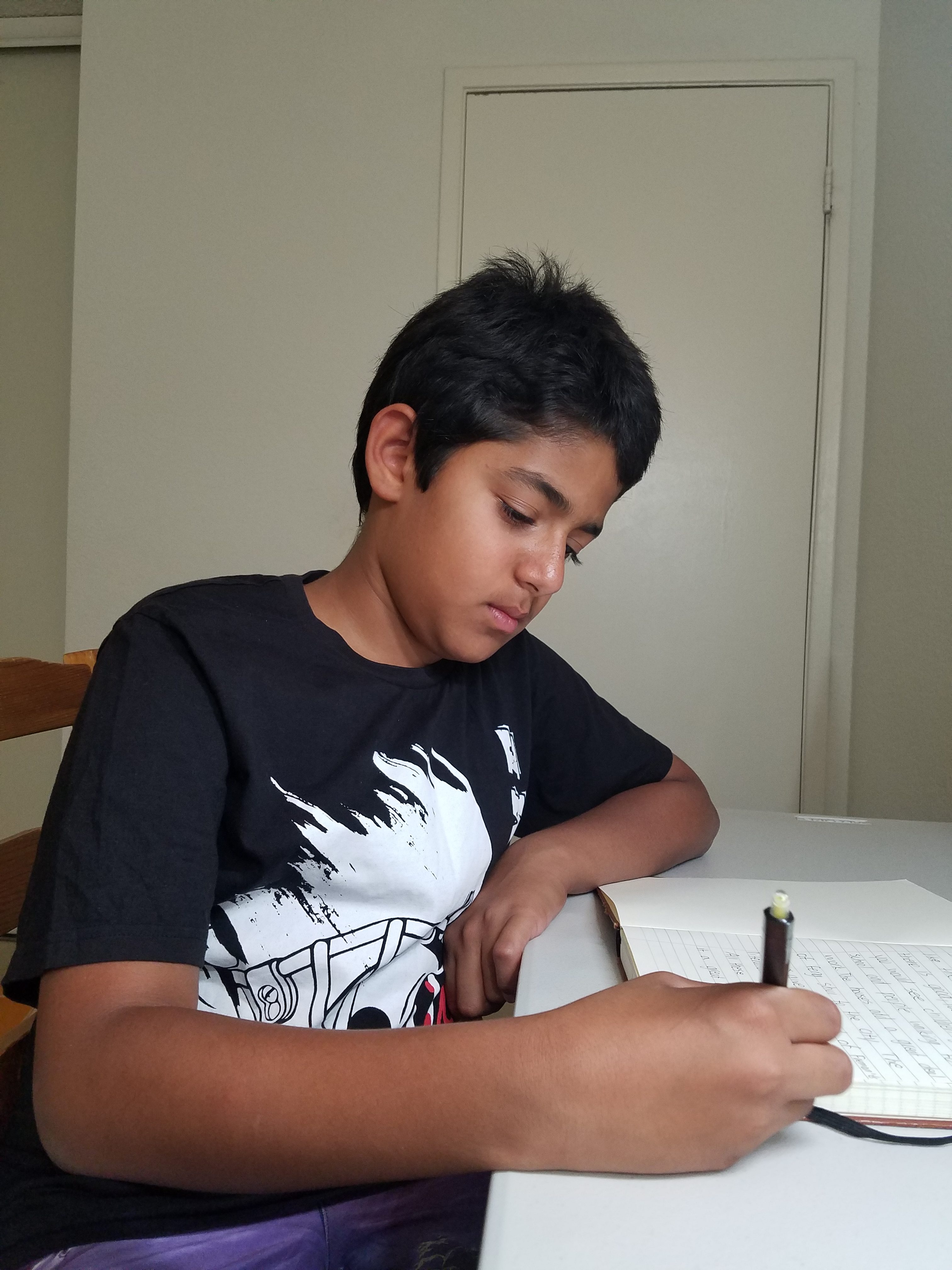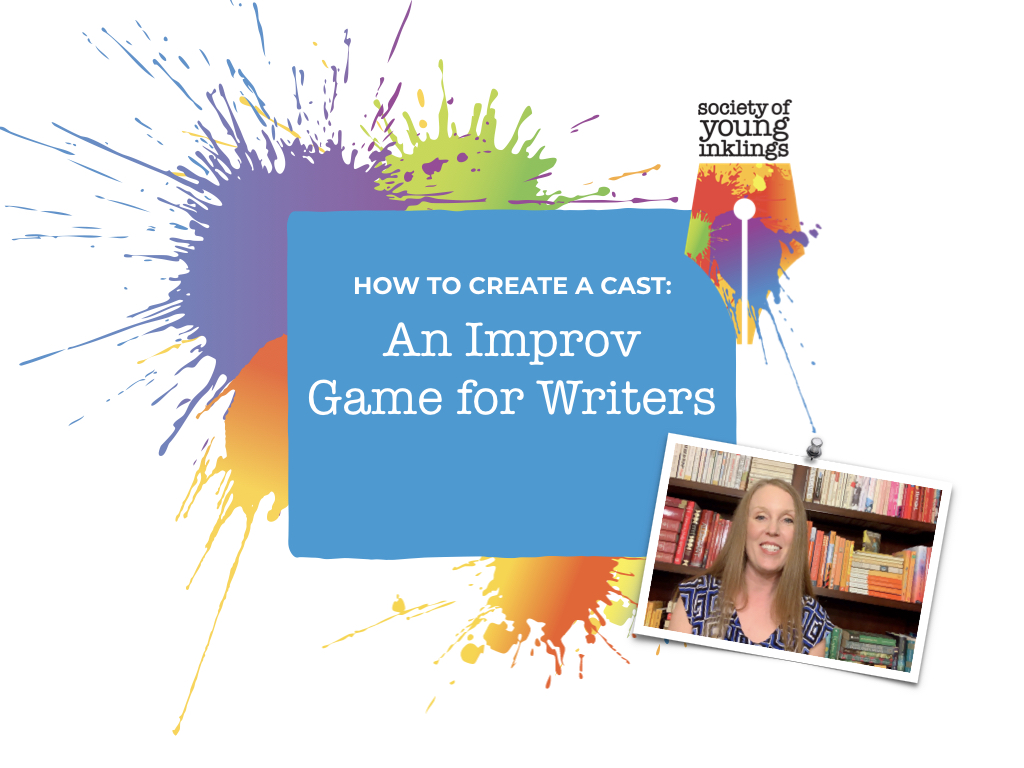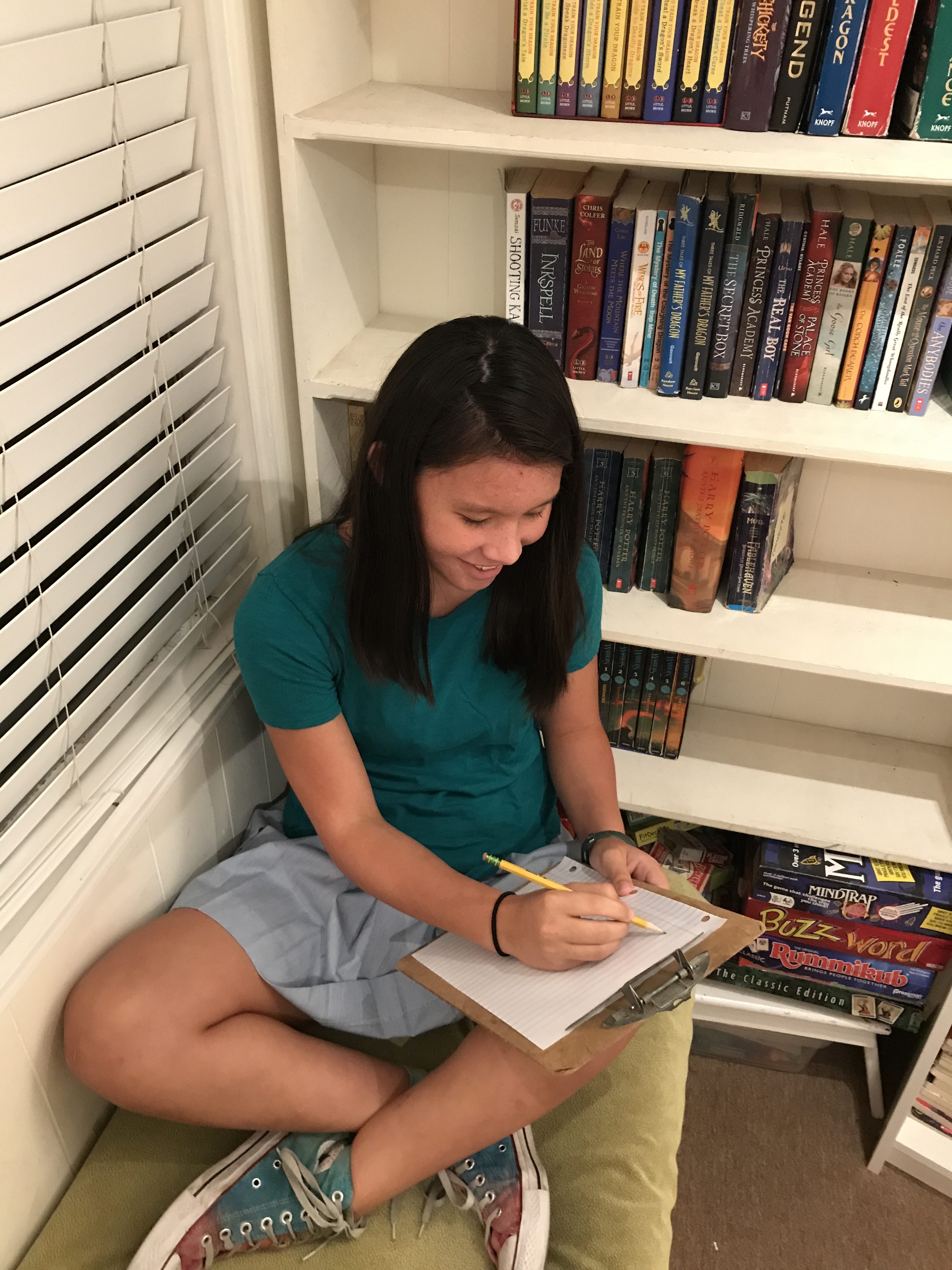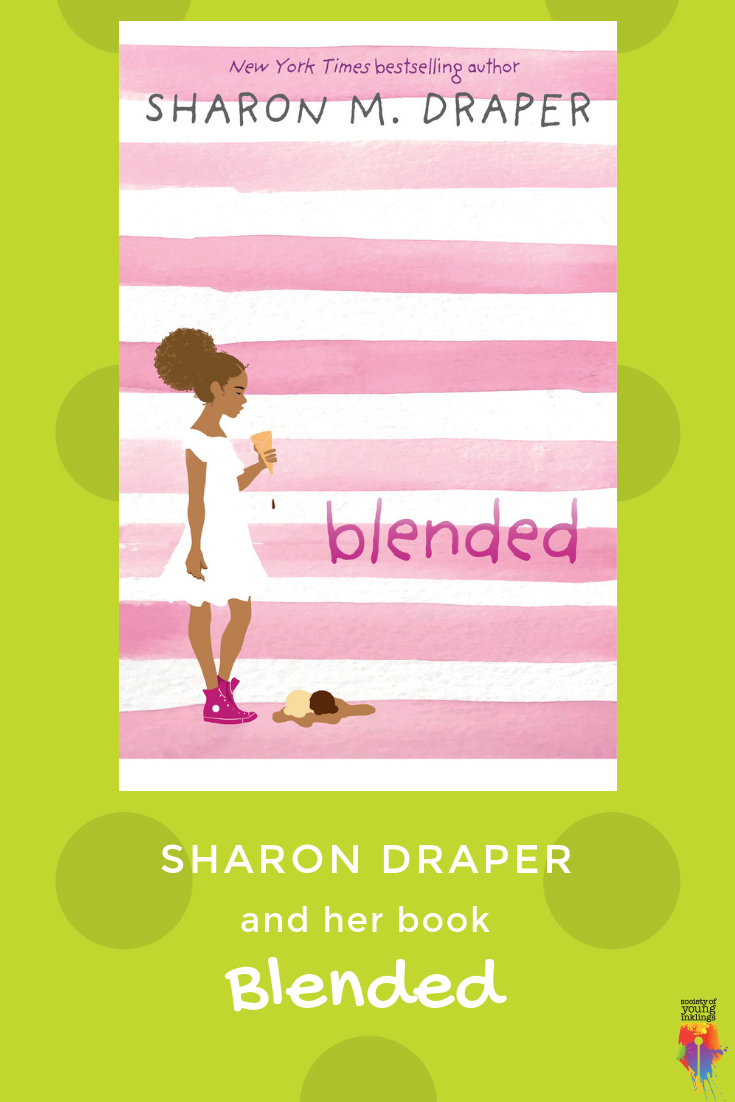Writerly Play Kit FOR EDUCATORS
Play Your Way Through Revision
Play Your Way Through Revision
When we look at words and sentences, we can’t help but jump to the question of how. How will we make this new idea work … and how much work will the change create?
On the other hand, when we play a game, we are open to possibilities. We’re willing to experiment with a new character, change a setting, or reinvent dialogue. Why not? All the game requires is a few minutes of our time. Then, once we’ve allowed ourselves to truly play out the possibility, we see its potential value. Now, we’re motivated, and also better equipped to answer the how question.
In this Writerly Play Kit, we’ll explore strategies and games you can use in your classroom to add playful energy and momentum to the revision process.

Featured RESOURCE

We designed a set of videos to help educators and writers prepare for the Inklings Book Contest … and educators are so excited about how these videos are working in their classrooms!
Even though the contest is over, the short videos are fantastic tools to help your students craft characters, settings, plots, poetry, and more. We’re going to leave the free course open for a few more months so that educators can give the videos a try.
We’d love to hear about your experience! Learning what works and what else would be helpful will focus our attention as we design the next resources specifically with classrooms in mind. We’re going to branch out to personal narrative, informational, and persuasive writing next. Ideas? Let us know! Email us at info@younginklings.org.
Featured GAMEs
Act It Out
Act It Out is a simple improv game and a great one to use for revision experimentation. You can play by side-coaching players through a series of frozen poses (beginning, middle, and end, and then break it down further from there). The other option is to give or players a chance to play through the scene with their bodies (silently) for ten counts.
Usually, I have writers play out the scene the way they’ve written it, and then we rewind and experiment with various options. See more on how to do this with the revision strategy below.
Sensory Walk
A Sensory Walk takes writers on a guided visualization through a setting in their story. We might “Walk as if …” in a couple imaginative ways to warm up. Some of my favorites include walking as though we’re barefoot on hot sand, as though we’re sneaking into a library, and as though we’re tiptoeing on clouds.
Then, I invite writers to picture a setting in their story, and to begin to move as though they are in that space. We do a sensory scan of what they see, what they hear, what they feel on their skin, and what they smell and possibly taste. I often ask a few questions for each sense to help them notice a variety of items for each sense. Then, we take those ideas back to our desks and revise our description to try to include at least three of five senses, if not all five.
― Wendy Mass
strategy

Rewind is my favorite revision tool. I introduce it to a class when we’re playing an improv game. We create three frozen poses, for instance, to play through the current beginning, middle, and end of a scene. Then, we rewind and try a new option. Youth writers love zooming backward and giving their idea a new layer on their feet. They take joy in revision in a way they’d likely resist if we sat at our desks to look for ways to add and refine details.
Playing rewind also helps me introduce the fundamental revision concept of revision being “seeing writing with new eyes.” When we rewind, we can add details to our scene to make it more humorous, more dramatic, more suspenseful, or more surprising. By experimenting with these options, writers see how adding details can enhance their scenes in a variety of ways. The power struggle of revision evaporates, as they see for themselves that revision can make their writing even more the way they want it to be.
What’s Up At SYI this Month?
CLASSROOM WRITING CHALLENGE
STORY STARTER
This month, Sharon Draper has challenged us to use our senses as inspiration.
“When I was teaching, my favorite writing prompts involved nature. When the weather was nice, we’d go outside and write.
So try this: Go outside. If it’s snowing or raining, dress appropriately. Then use your senses. Describe the smells around you, the sounds you hear. Look at tiny details like the pattern on a leaf or the fuzz on a caterpillar or the sound of a bird. Then take it from there. Create a character and describe how he or she thinks and feels, what the character does and says. Limit your piece to one person in one moment of time. That will force you to look closely and write with precision.”
Aim for between 350 and 1000 words. Submit your response by emailing submit@younginklings.org. You might be published on our website!
INK SPLAT
Sharon Draper
This month, we talk to author Sharon Draper about her novel, Blended. She talks to us about handling difficult topics that reflect the struggles and mirror the aspirations of her readers.
The characters in my books are not real, but perhaps their difficulties can help a very real person who needs encouragement, regardless of their situation in life. Sometimes I get letters from young people or their teachers who want to know why I write about such powerful subjects–like abuse or suicide. I think that difficult or controversial subjects should be handled with skill and delicacy.



